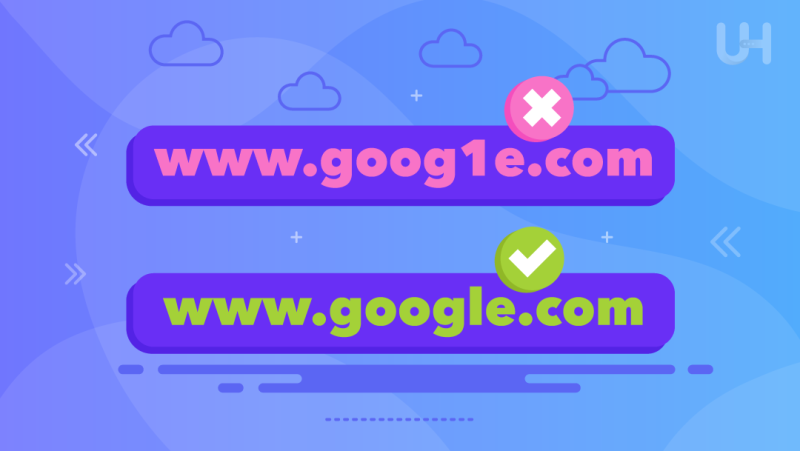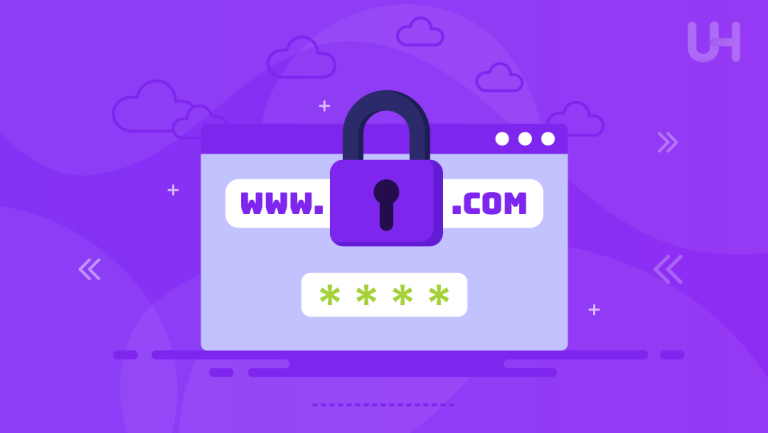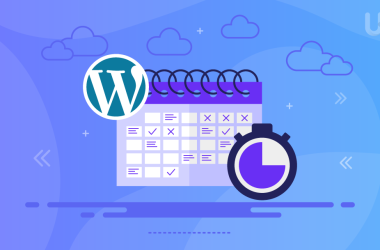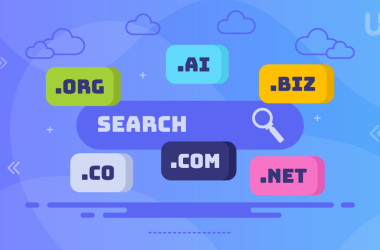Domain squatting refers to registering or purchasing an internet domain name to use it in a manner that goes against the law or ethical standards. It is done to gain financial benefits at the expense of others and can be used to harm the reputation or interests of other entities.
The essence and significance of the cybersquatting problem stem from its negative impact on legal domain owners and internet users. Cybersquatting, which involves registering or purchasing domain names associated with well-known brands or trademarks, is a highly unethical practice in a legal gray area.
When is domain squatting illegal? If someone intends to use others’ brands without permission, to deceive users, or to gain financial benefits through speculation, they may face legal action. Such behavior could lead to legal consequences due to violations of intellectual property rights.
What is Domain Squatting?
Domain squatting is the practice of registering or acquiring internet domain names to use them in a manner that goes against the law or ethics. Individuals engaged in such activities register domain names identical or similar to your perfect domain name, attempting to capitalize on the popularity of your effort or deceive your users.
It’s important to distinguish between the terms domain squatting and cybersquatting, although people often use them interchangeably. Domain squatting is a broader concept, encompassing any illegal or ethically questionable practices related to acquiring domain names. Cybersquatting specifically involves domain names associated with well-known brands.
Cybersquatters often rely on users making mistakes while attempting to visit the official brand website, thus leveraging the popularity and reputation of the brand for their purposes.
Consequences of Domain Squatting
Domain squatters are commonly motivated by a variety of factors. Among the primary incentives is the possibility of financial profit by acquiring domain names with significant advertising potential or linked to well-known brands. Furthermore, this tactic may be employed to demand fees or extract advantages from the rightful owners of such domains. Some domain squatters may act to damage the reputation or business of competitors by using domain names to publish content contrary to the owner’s interests.
Protect Your Domain for Free!
UltaHost understands the importance of domain protection, which is why we support our users. The most effective form of protection is reserving similar domains to yours and domains with popular TLDs. Purchase annual hosting at UltaHost, and we’ll give you one domain for free so you can better protect yourself against scammers.
Why is domain squatting illegal? It can have serious consequences for legal domain owners. Firstly, it can lead to the loss of customers or website traffic. It occurs when users, searching for a specific brand encounter fake websites. Also, it may result in damage to the reputation if the website becomes a source of spam or illegal content. Consequently, legal domain owners may incur financial and reputational losses. Another threat is the potential to deceive users through fake websites that may contain malicious software or attempts to extract personal data.
Domain squatting can disrupt the operations of legitimate businesses through unfair competition and generate unnecessary costs associated with monitoring and enforcing intellectual property rights.
How to Protect a Domain from Cybersquatting
There are several effective methods to prevent domain name squatting and protect a domain name from unauthorized use.
Firstly, it is worth considering registering various variants of the domain name and its alternative forms to prevent others from squatting. When you register .com domain, consider also registering your name with .org, .infom and .net domain. It is also crucial to regularly renew the domain registration to avoid losing rights to it. Additionally, monitoring the domain market and tracking potential legal violations is critical.
When registering a new domain, use appropriate registration procedures that can enhance security against potential squatting. Choosing a trusted domain registrar with good reviews and utilizing additional services such as WHOIS privacy protection can help safeguard your data. Moreover, registering a domain for a longer period may reduce the risk of acquiring it by third parties.
ICANN plays a significant role in preventing domain squatting. This organization does this by introducing appropriate regulations and standards for domain registration and management. For ICANN domain squatting is a severe problem, so the organization also monitors the activities of domain registrars and takes action in case of violations.
Additionally, ICANN provides tools and resources for domain owners to help them protect their rights and prevent abuses like squatting. With their involvement, internet users can expect greater security and protection of their domains from unauthorized use.
Domain Squatting Examples
Throughout the history of the internet, there have been many well-known cases of domain squatting that have sparked wide discussions and controversies. One such example is the case of the domain “wallstreet.com,” which was acquired by a third party and used to redirect internet traffic to a non-financial website.
Similarly, Google has been a target of squatting attempts, although in this case, quick action from the company led to the resolution of the issue.
When examining particular domain squatting examples, one can notice a variety of motivations driving such behavior. Often, it involves attempts to use popular domain names to gain financial benefits through redirecting internet traffic or selling the domain for a high price (domain flipping).
In other instances, squatting may be used for purposes of extortion or harassment against legal domain owners. It underscores the significant role of protecting rights to internet domains and the need for awareness and vigilance on the part of their owners.
When developing strategies to protect against cybersquatting, it is important to deeply understand domain squatting meaning and consider the diverse methods used by individuals engaging in illegal practices related to internet domains. Analyzing cases of squatting can provide valuable insights and inspiration for more effectively securing one’s domains against unauthorized use.
Conclusion
We can draw several practical guidelines for protecting against cybersquatting. Domain owners should regularly monitor their domains and register them in appropriate registries to enhance their protection. Implement technical safeguards such as two-factor authentication and data encryption.
Additionally, raising awareness and educating internet users about the threats associated with domain squatting can contribute to reducing its occurrence. Future efforts to combat domain squatting and cybersquatting primarily rely on advancements in technology and increased social awareness.
With technological progress, we can expect both new methods of protection against such practices and increasingly sophisticated tools used by squatters. However, the key element in combating this phenomenon will be educating internet users and close collaboration among international organizations, such as ICANN, in creating effective regulatory mechanisms.
When you choose UltaHost as your hosting platform, you’ll receive a free SSL certificate. Enjoy 24/7 support from our team and an infrastructure optimized for auto-scaling and performance. Explore our competitive prices for premium SSL certificates for added security.
FAQ
When is domain squatting considered illegal?
Domain squatting becomes illegal when an individual intends to use others’ brands without permission, deceive users, or gain financial benefits through speculation. Such actions may lead to legal consequences due to violations of intellectual property rights.
What is the difference between domain squatting and cybersquatting?
Domain squatting is the broader term, encompassing any illegal or ethically questionable practices related to acquiring domain names. Cybersquatting specifically involves registering or purchasing domain names associated with well-known brands or trademarks for financial gain or deception.
What are the consequences of domain squatting?
Domain squatting can lead to the loss of customers or website traffic for legal domain owners. It can also damage the reputation of brands if the squatted domain becomes a source of spam or illegal content. Additionally, domain squatting may deceive users through fake websites containing malicious software or attempts to extract personal data.
How can I protect my domain from squatting?
To protect your domain from squatting, consider registering various variants of the domain name and regularly renewing its registration. Monitor the domain market for potential legal violations and use appropriate registration procedures when acquiring a new domain. Additionally, choose a trusted domain registrar, utilize WHOIS privacy protection services, and consider registering your domain for a longer period.









